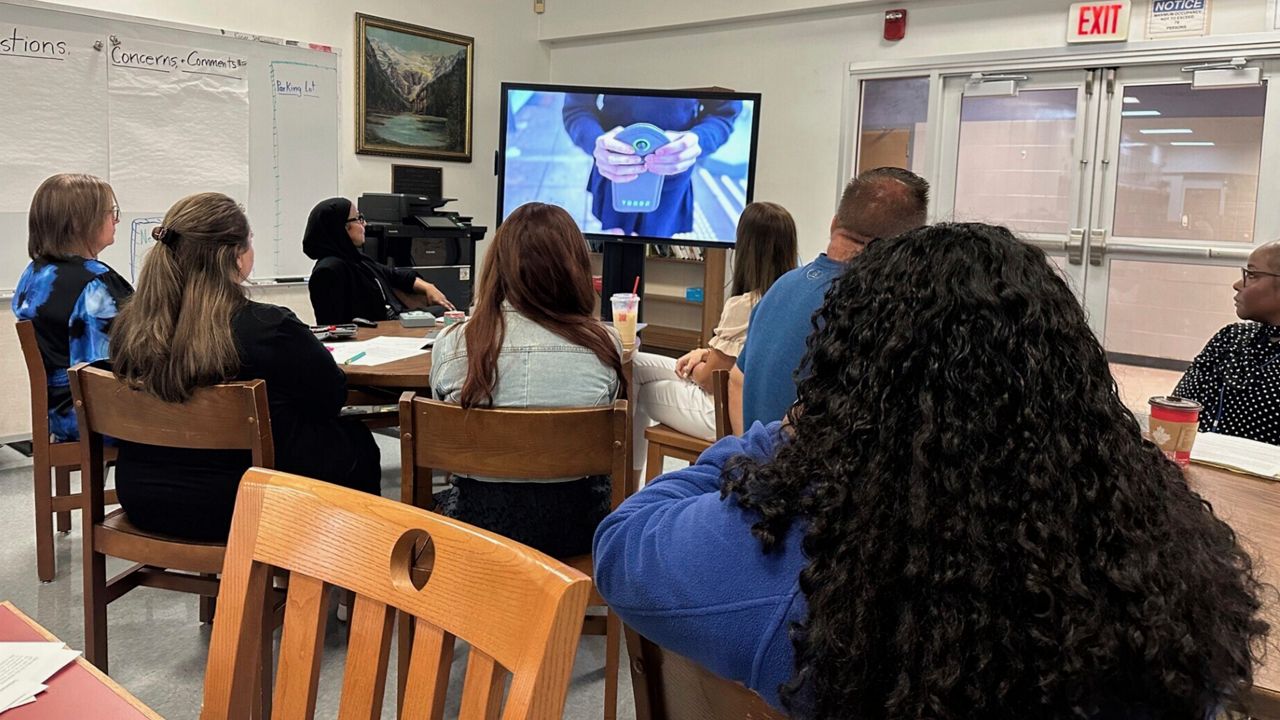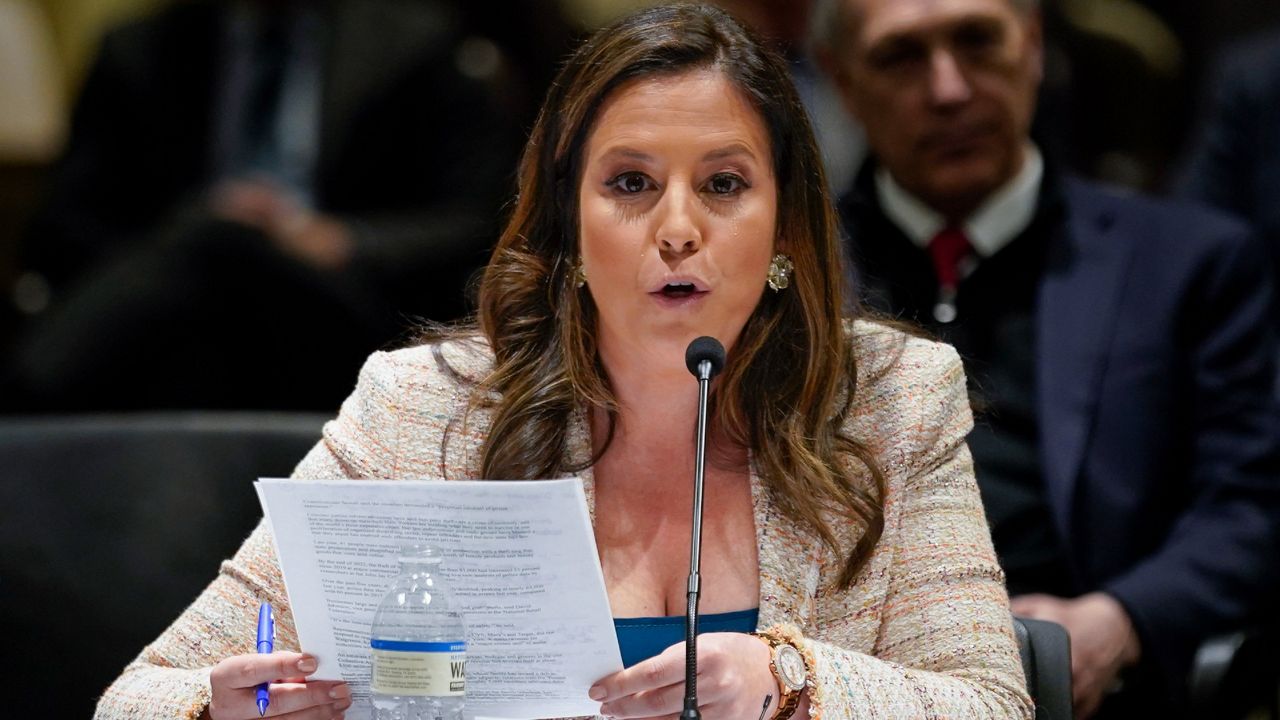A bill passed this session would adjust the requirements for individuals serving on the parole board, removing the requirement of a four-year degree if it can be made up for in relevant experience.
The New York State Board of Parole is an independent body whose members have been appointed by Gov. Kathy Hochul with the advice and consent of the Senate for a six-year term.
TeAna Taylor, co-director of Policy and Communication for Release Aging People in Prison Campaign, told Spectrum News 1 the parole board is best served by having individuals with a wide range of experience making decisions.
“A lot of times, it comes from personal experience and being in the community, and really understanding what [incarcerated] people go through,” she said.
That’s why the organization is supporting a bill sponsored by State Sen. Sean Ryan which would open up the pool of candidates by allowing them to substitute 10 years of experience in a relevant field for the current requirement of a four-year degree and five years of relevant experience. Ryan said it would bring the parole board closer in line with other state boards that compensate members.
“We want to take out that hurdle that could act as a limitation to make sure we have the widest pool of people that could be considered for the parole board,” he said.
The fields include criminology, administration of criminal justice, law enforcement, law enforcement, sociology and psychology, among others.
Republican Rep. Jodi Giglio was part of a relatively small group of lawmakers who voted against the bill, but stresses that she supports the work of the parole board.
“There are people who can be rehabilitated, and they come out and are great citizens of society,” she said.
But Giglio said she is concerned the bill has failed to make clear what experience falls under those categories, and relying only on a vague definition of experience could result in people who have a bias toward or against incarcerated individuals, or are otherwise unqualified.
It's worth noting that the categories listed in the bill language are the same fields that are already required along with a four-year degree and have not been changed, but she feels if the law is being altered, the list of eligible fields of experience should be better defined in the process.
“What is the criteria and what is the definition? It could go either way, but the most important thing to me is safety in our streets,” Giglio said.
Taylor, however, believes that even the experience of formerly incarcerated individuals themselves is valuable.
“Even folks who have been incarcerated before, we have a number of folks who would be great parole board candidates, but some of those folks don’t have the requirements in terms of formal education,” she said.
The bill is still awaiting a decision from Gov. Hochul.
Clarification: This story was updated to reflect that the list of eligible career fields has not changed from current state law.







